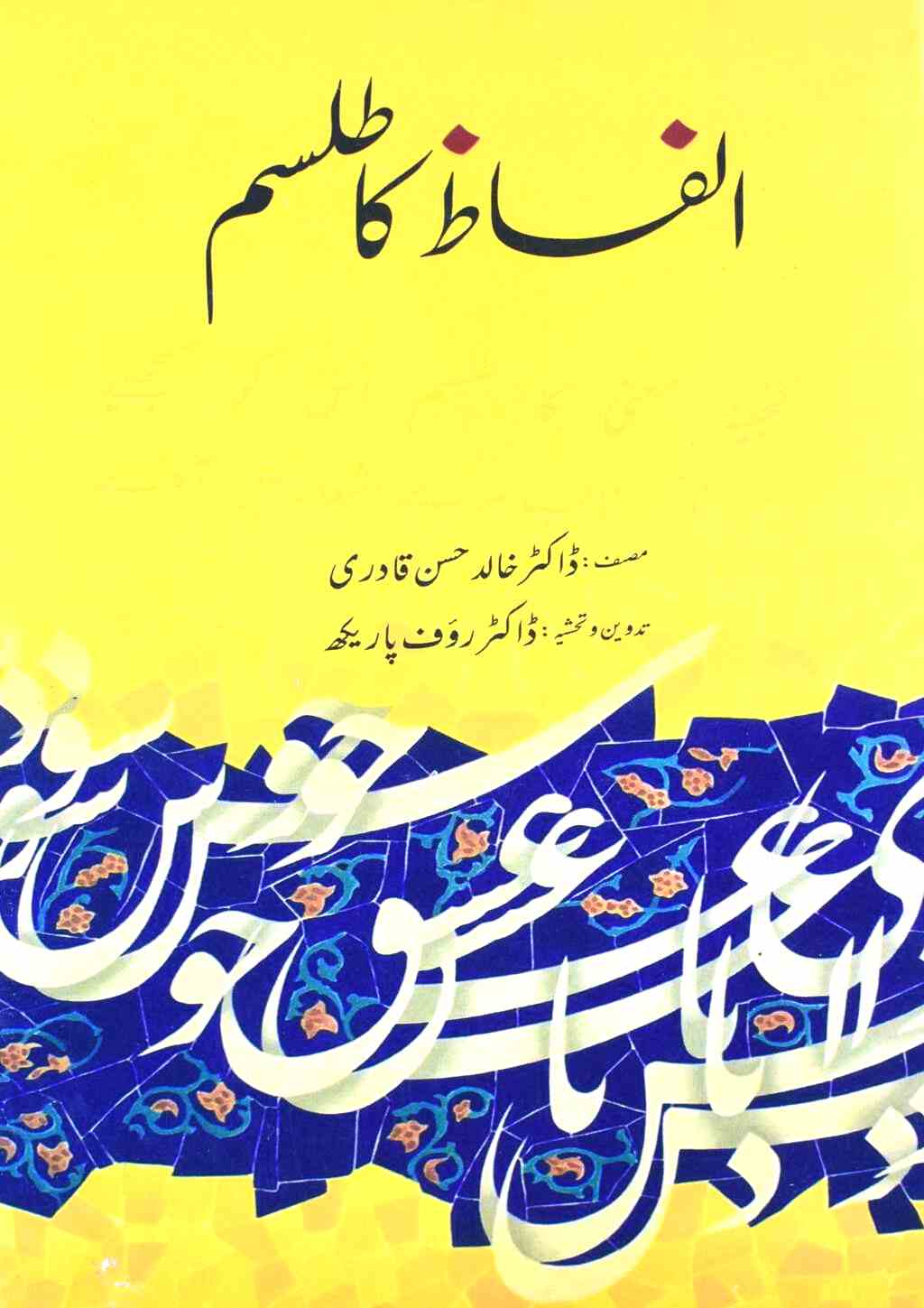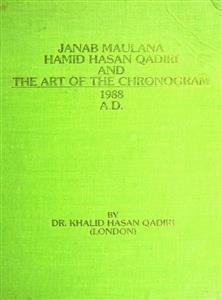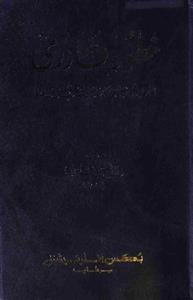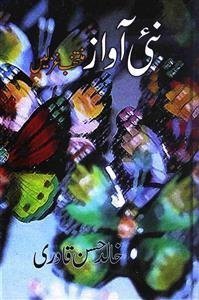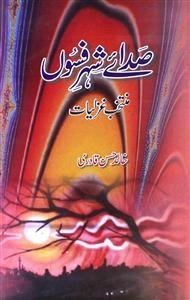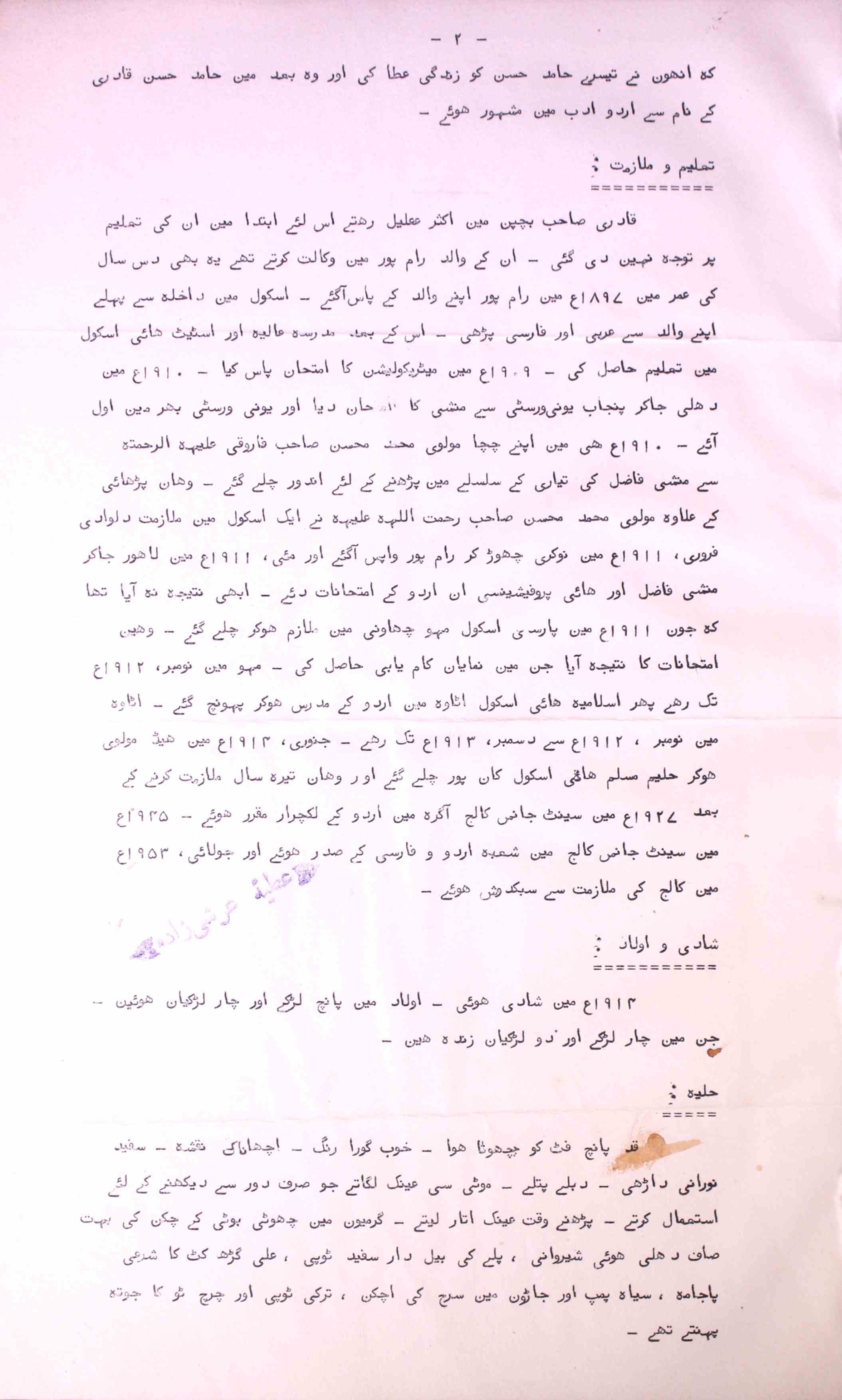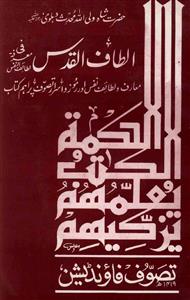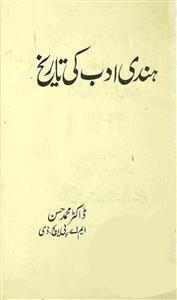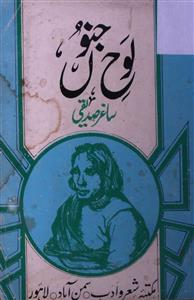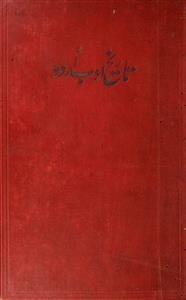 For any query/comment related to this ebook, please contact us at haidar.ali@rekhta.org
For any query/comment related to this ebook, please contact us at haidar.ali@rekhta.org
About The Author
Dr Khalid Hasan Qadiri hails from a distinguished academic and scholarly family originally from the district of Moradabad, India. He is the son of Professor Maulvi Hamid Hasan Qadiri and nephew of Professor Maulvi Abid Hasan Faridi. Dr Qadiri was born in Agra in 1927.
He studied Urdu and Persian at St John’s College, Agra, before graduating with an M.A. in Persian from Agra University. As a mature student, he later completed his Ph.D. in Urdu, from the School of Oriental and African Studies (SOAS) – part of the University of London. His Ph.D thesis was on Hasrat Mohani.
After partition, in 1948, he moved to Pakistan. He worked in radio broadcasting for 10 years, gaining experience in areas such as writing, producing and directing in a variety of programmes which included dramas, plays and documentaries. He worked his way up to Programme Director and Chief of Section.
In 1960, Dr Qadiri emigrated to London, to work for the BBC, Pakistan Section, at Bush House - the home of radio broadcasting. Whilst researching his Ph.D. at SOAS, he started to assist in teaching classes. This continued until 1971, when he was eventually awarded a permanent lectureship in the Department of Indology and of the Modern Languages and Literatures of South Asia (Urdu Department). Thus fulfilling a lifelong ambition and following in the footsteps of his father. He worked tirelessly at the department until his early retirement in 1991.
After his retirement, Dr Qadiri did not remain idle. He busied himself in the academic and literary fields. He continued to assist the University Examination Boards in the UK and abroad. This involved assessing examination scripts and Ph.D theses. He also collaborated with Mr Afzal-ur-Rahman to have some notable works published. These were mainly authored by his father such as Dastan-e-Tareekh-e-Urdu and The Oriental Rhetoric, but also include his self-compiled book Lafziaat. Dr Qadiri can also be credited with keeping the dying branch of Urdu, Tarikh Goi or the composing of chronograms alive; by collating and publishing one of the few books on the subject: Janab Maulana Hamid Hasan Qadiri and The Art of The Chronogram attributed to his father, a master chronogramist.
Amongst his contemporaries, he was well-known and respected for his specialist knowledge of Urdu and Persian literature but also a wide range of topics including Sufism, theology and history of the Indian Sub-continent. His peers included Professor Ralph Russell, Dr David Matthews and the famous poet Saqi Faruqi <https://www.rekhta.org/poets/saqi-faruqi>. Over the years, Dr Qadiri collected a vast and varied collection of books and manuscripts. After his passing this was donated to Rekhta by his family for its preservation and that it may be of lasting benefit for future generations. He is survived by his wife, son, Dr Rafay Hasan Qadiri, and daughter, Zahra Qadiri <https://www.rekhta.org/contributorsebooks/zahra-qadiri>.
Works by Dr Khalid Hasan Qadiri
Books of Urdu Poetry:
- Nai Awaz (1983) *
- Kaaghzi Perahan (2001)
- Sada-e-Shehar-e-Fusoon (2001) *
Urdu Books:
- Lafziyaat 1421 Hijri (2005) *
- Khutoot Maulana Qadiri by Hamid Hasan Qadiri; Edited by KHQ (1999) *
- Maktoobat-e-Qadiri Hamid Hasan by Hamid Hasan Qadiri; Edited by KHQ (1999)
- Ahkaam-e-Aalamgiri by Hameed-ud-Din Khan; Translated by KHQ (1993) *
- Janab Maulana Hamid Hasan Qadiri and The Art of The Chronogram (1989) *
- Matalib Al-Manqaz Min Azzalal by Imam Ghazali; Translated by KHQ (2003)
- Al-Futuhatul-Ilahiya fi Naf’l Arwahi’dh-Dhawatil-Insaniya (A Manual of Sufism) By Shaykh Zakariya bin Muhammad Al-Ansari; Urdu Translation by KHQ
- Gulistan-e-Saadi *
English Books:
- Hayat-I-Javed by Altaf Husain Hali; Translated by Dr David Matthews and Dr KHQ (1979)
- Yadgar-e-Ghalib by Maulana Altaf Husain Hali; Translated by KHQ (1982)
- Hasrat Mohani (Ph.D. Thesis) (1985)
- The Prophets of India (1992)
* indicates availability on Rekhta.org
 For any query/comment related to this ebook, please contact us at haidar.ali@rekhta.org
For any query/comment related to this ebook, please contact us at haidar.ali@rekhta.org

